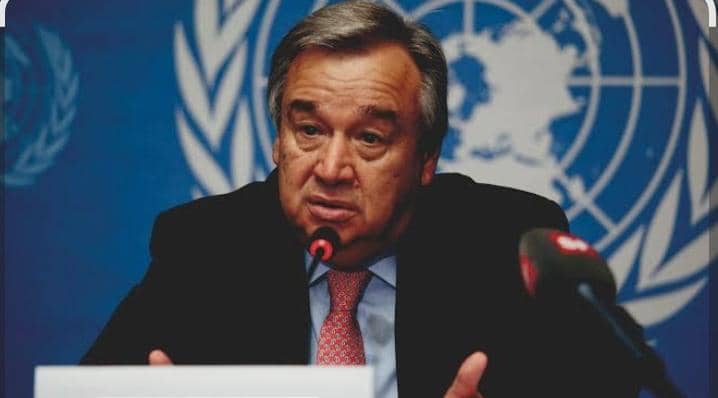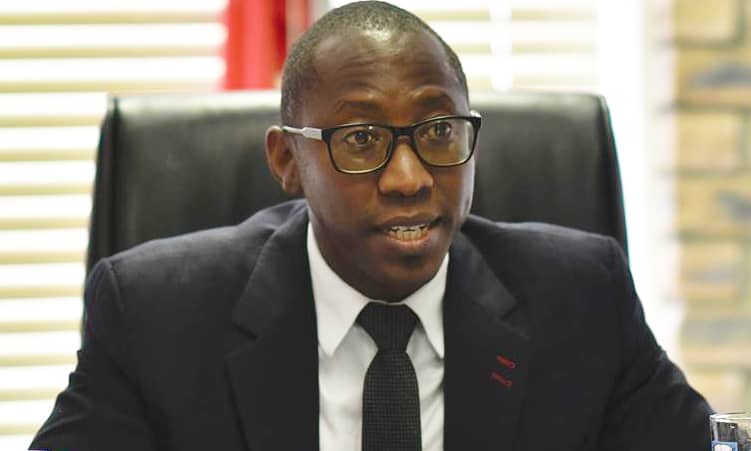TWO important readings over the past festive season caught my attention and partially put into perspective the place of Africa and Africans in the world.
The international weekly magazine Newsweek ran two special editions: one under the title ‘How to Fix the World: A guide for the next President’, essentially a thematic guide written by scholars and practitioners in order to feed the reflection of President-elect Barack Obama on the most pressing issues for 2009. To name but a few out of a total count of 48: these individuals included international relations scholars such as John Mearsheimer, Richard Haas and Singapore’s Kishore Mahbubani, as well as practitioners such as Brazil’s Lula da Silva, UN Chief Ban-Ki Moon, Pascal Lamy of the WTO and Sergei Lavrov, Russia’s talented Foreign Minister. My analysis was drawn to two things: First, the individuals who were solicited by Newsweek, including the relegation of African issues to the margins. Second, there were no African practitioners or scholars to place Africa’s agenda or issues as crucial in 2009. My preliminary apologetic reaction to these was that it was an innocuous omission. However Newsweek ran the following week another edition listing 50 individuals it considers to be the global elite in 2009. It was an expansive list of individuals in politics, business and the arts. Again, the usual suspects did not include any African personalities, with the odd exception of Enoch Adeboye, a Nigerian evangelist in the 49th position out of 50. While we may accuse Newsweek of being a magazine printed in the West, the inclusion of individuals from other regions such as Latin America, the Middle East and Asia is still enough cause for great concern about the place of Africans in the world. Importantly, this is not about individuals per se, but the traction of their ideas and knowledge.
To understand this exclusion, we need to transcend a culture of denial and avoidance of the hard issues that keeps us on the margins. The real problem that explains why Africa does not matter has little to do with preconceived ideas about Africa and an indifferent press in the West. Oftentimes, African leaders and those who share variants of unreflective Pan-Africanism engage in finger-pointing to explain our current malaise and exclusion at the expense of the hard facts. In doing so, they hardly seek to understand why Singapore breeds excellence or why the United Arab Emirates have risen to relevance in the global economy. Their analysis usually overlooks the more serious problem: Africa faces a serial deficit when it comes to quality leadership. To illustrate this point, the election of Barack Obama as the first black president of the United States generated unprecedented excitement among ordinary Africans: enough to wrap African leaders in shame. Barack Obama displays many of the qualities that many Africans would love to see in their leaders. Also, the dynamism of American society and the opportunities such a historic election represented are things that many Africans would love to see in their own societies. Yet, instead of drawing crucial lessons from these experiences and even emulate success stories, we continue with our unusual business. The political debate in France where I live was a concern with when and how France would have a President of Arab or African origin. Yet, in Africa, we didn’t even frame the discussion in terms of opportunities for minorities. Also, the absence of French leaders and individuals from Newsweek would have constituted a mini crisis at the Elysée Palace. Yet, I doubt if at all, we are bothered in African capitals as to why Africans didn’t make it into the Newsweek top global elite for 2009 or why we can’t dispense expert advice to the incoming American President.
Africa does not matter because it does not seek relevance. We can’t be relevant if we start 2008 with a political crisis in Zimbabwe and finish it with a coup d’état in Guinea. We can’t be relevant if we continue to shield in 2009 Zimbabwe’s cantankerous Robert Mugabe in our neighbourhood. We can’t be relevant if the human carnage in Darfur, Zimbabwe, Somalia and in Kivu lingers on for years without effective solutions. In short, African lives won’t matter much in the West or for Newsweek, if death and violent conflict are banalities in Africa’s polity.
Africa can’t be relevant if leaders promote weak institutions and societies in order to avoid accountability. We can’t be relevant if we are indifferent to thousands of skilled Africans using their skills in the West. We can’t reach the podium if we don’t deal with these multifaceted issue problems in the most comprehensive of ways. Ad-hoc and ineffective responses generate weak states which create more instability, less peace and less prosperity. Admittedly, for Africa to matter, it won’t be the result of an accident. Playing the victim continent is not a sufficient response either. Yes, matters are more complicated in practice than what they seem. Still, vision, purpose and thinking our place in the world by taking concrete actions, while avoiding unnecessary mistakes ought to be elementary. In short, inspiring and disciplined leadership would be the basis for our relevance in a globalised world.
* Alfredo Tjiurimo Hengari is a PhD fellow in political science at the University of Paris- Panthéon Sorbonne, France.
Stay informed with The Namibian – your source for credible journalism. Get in-depth reporting and opinions for
only N$85 a month. Invest in journalism, invest in democracy –
Subscribe Now!










